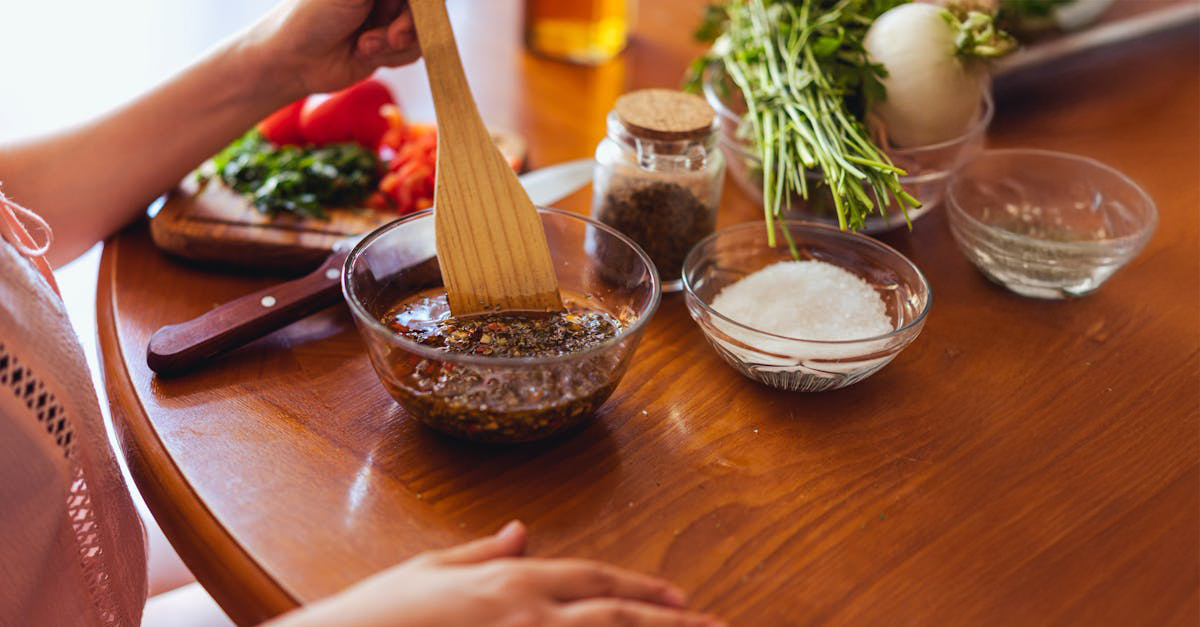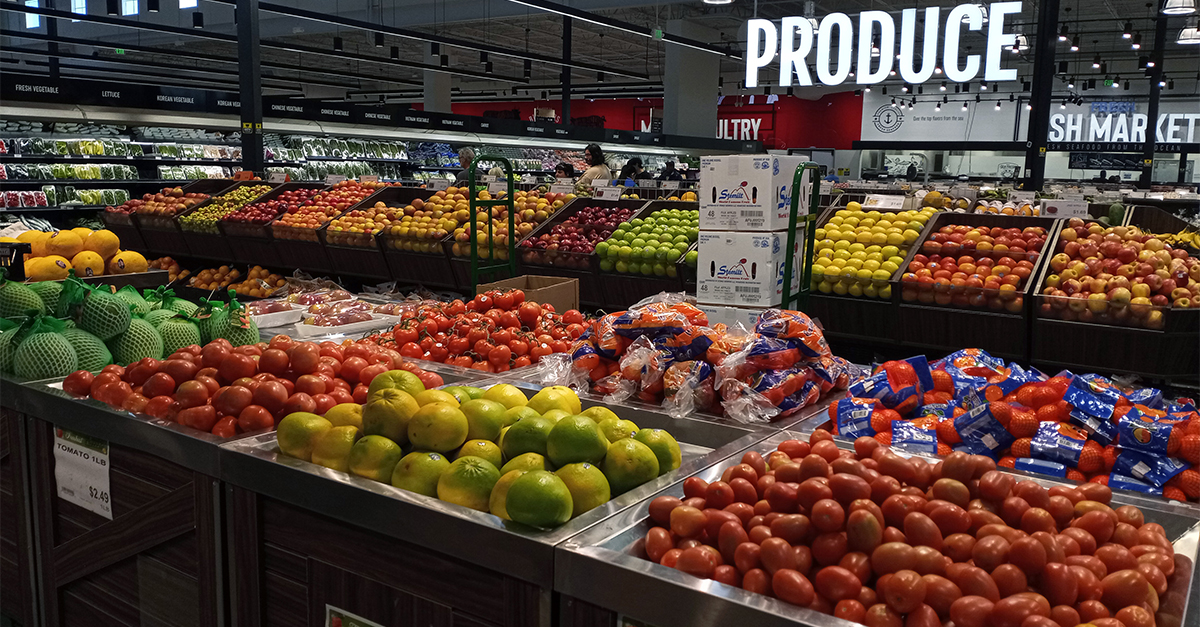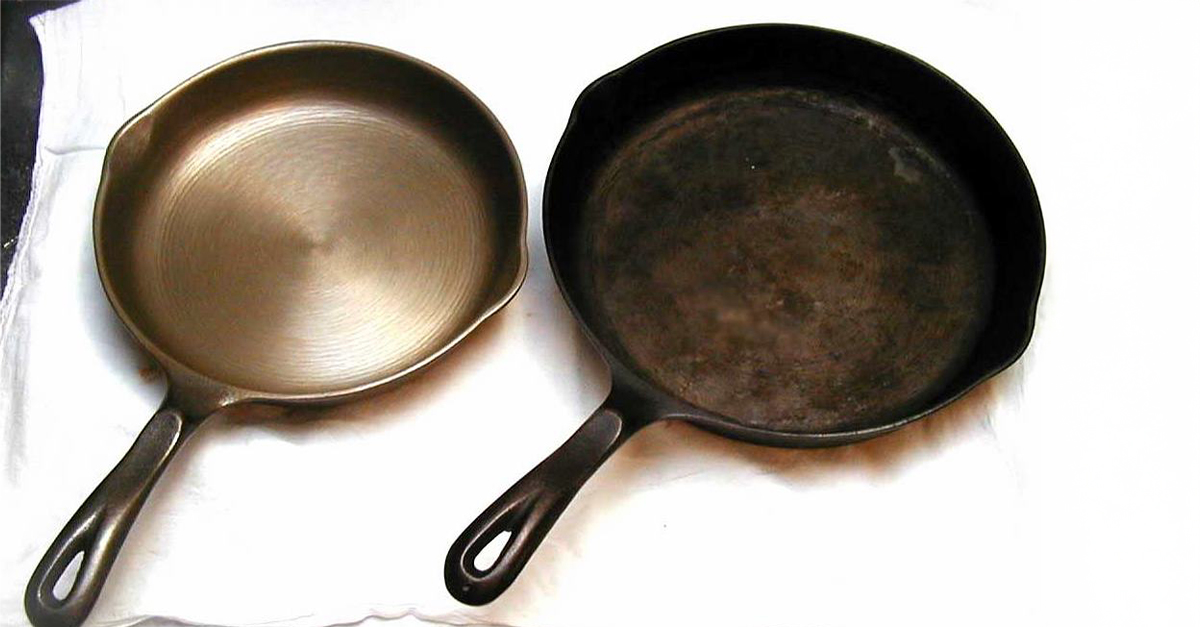Low-fat foods are marketed as a healthier choice. Supermarkets offer products boasting lower fat content, allowing you guilt-free indulgence. But for all of their appealing labels, a lot of these products are far less nutritious than they claim to be. As a matter of fact, they may even be sometimes worse for your health than the regular versions.
Sugar Content Below The Radar
One big issue with low-fat foods is their high sugar content, as the sugar is often substituted for the fat. Manufacturers extract the fat to cut out calories but then they add sugar to give the food more taste and texture. This sugar injection can give you higher blood glucose, setting off energy crashes and possibly causing weight gain and insulin resistance.
Nutrient Absorption Short Circuit
Some vitamins: A, D, E, and K are all fat-soluble, which means your body needs fat to absorb them. Low-fat diets and foods without enough healthy fats can hinder the absorption of these critically important nutrients. In time, this leads to a nutrient deficit that affects your immune system, bone density, vision, and general all-around well-being.
Unhealthy Fats Step In
In trying to cut out natural fats, manufacturers often add artificial thickeners or modified starches to maintain the same texture. These additives don’t give you the feeling of satiety that regular fats do. This means that you end up feeling hungry again soon after eating. If that isn’t bad enough, the replacement fats in “low-fat” snacks all too often consist of refined vegetable oils, which can be inflammatory in large amounts.
Portion Control Confusion
“Low-fat” labeling can cause a psychological halo effect in people, causing them to eat more than they normally would. When consumers have the idea planted in their heads that something is “healthier,” they’ll overcompensate by increasing their portion sizes. This causes you to eat more calories than if you’d eaten the full-fat version in moderation.
Unable To Fill The Void
Fat is part of what helps you to feel full and satisfied when you’re done eating. Without it, low-fat foods can leave you feeling unsatisfied, causing you to eat too much. That’s why some people end up snacking more often after a low-fat meal instead of one with a decent amount of healthy fat.
Better Alternatives
Instead of looking solely at fat content, eat foods rich in healthy fats like avocados, nuts, seeds, olive oil, and fatty fish. These fats are good for heart health, help regulate hormones, and keep you satiated. Full-fat yogurt, for example, carries probiotics and has a much richer flavor that’s hard to overconsume.
Whole Foods Are What Really Matter
Instead of filling your grocery cart with heavily processed “low-fat” packaged foods, go for whole foods that strike a balance between fats, proteins, and carbohydrates. Fresh vegetables, fruits, legumes, whole grains, and lean proteins usually have sufficient nutrition without you having to resort to artificial fat-reduction products.
Read Labels
When you go grocery shopping, read ingredient lists instead of the marketing claims. Look for hidden sugars under names like maltose, corn syrup, or evaporated cane juice. Also, check serving sizes to make you’re making an accurate comparison between products.
Marketing And Reality
“Low-fat” doesn’t necessarily mean healthy. In a lot of cases, these foods sacrifice fat for sugar, artificial ingredients, and extra calories that subtly undermine your health goals. A better way to go is to choose unprocessed foods as much as possible, and embrace healthy fats as an essential part of a balanced diet.
You May Also Like:











